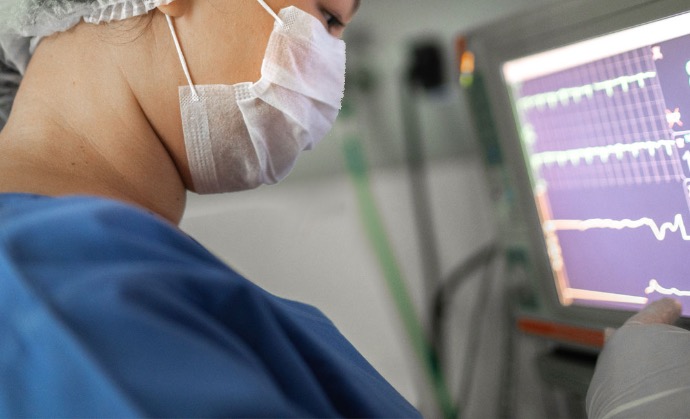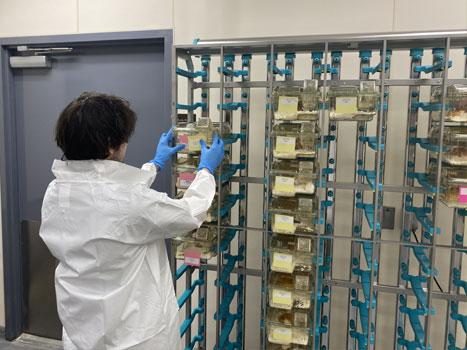Safety Pharmacology
Safety Pharmacology studies are designed to detect the potential undesirable pharmacodynamic effects of new chemical entities on physiological functions in relation to exposure in the therapeutic range and above. In addition to you obtaining scientifically robust data, you have access to a vast network of experts at Attentive
Cardiovascular
Prior to phase I clinical trials, the effects of a therapeutic on the cardiovascular (CV) system, which is a vital organ system, should be evaluated and characterized. The Attentive Science safety pharmacologist combines his/her knowledge from Physiology, Pharmacology and Toxicology to evaluate effects on the electrocardiogram (ECG), with particular emphasis on ventricular depolarization and repolarization, as well as any potential effects on blood pressure (BP) and heart rate (HR).


Central Nervous System
Central Nervous System (CNS) studies are conducted in a controlled environment (e.g., limiting extraneous noise, excessive entering and exiting the room, etc.) with a limited number of test systems to allow the observer time to make a number of post dose observations during the day. The ICH S7A Safety Pharmacology (Studies for Human Pharmaceuticals) guidance document states that motor activity, behavioral changes, coordination, sensory/motor reflex responses and body temperature should be evaluated.
Respiratory
The ICH S7A Safety Pharmacology (Studies for Human Pharmaceuticals) guidance document states that the effects of the test substance on the respiratory system should be assessed appropriately. Respiratory rate and other measures of respiratory function (e.g., tidal volume or hemoglobin oxygen saturation) should be evaluated. Respiratory assessments focus on measures of pulmonary ventilation. Respiratory rate, tidal volume and/or a measure of arterial blood gases as the recommended ventilatory measurement parameters.
